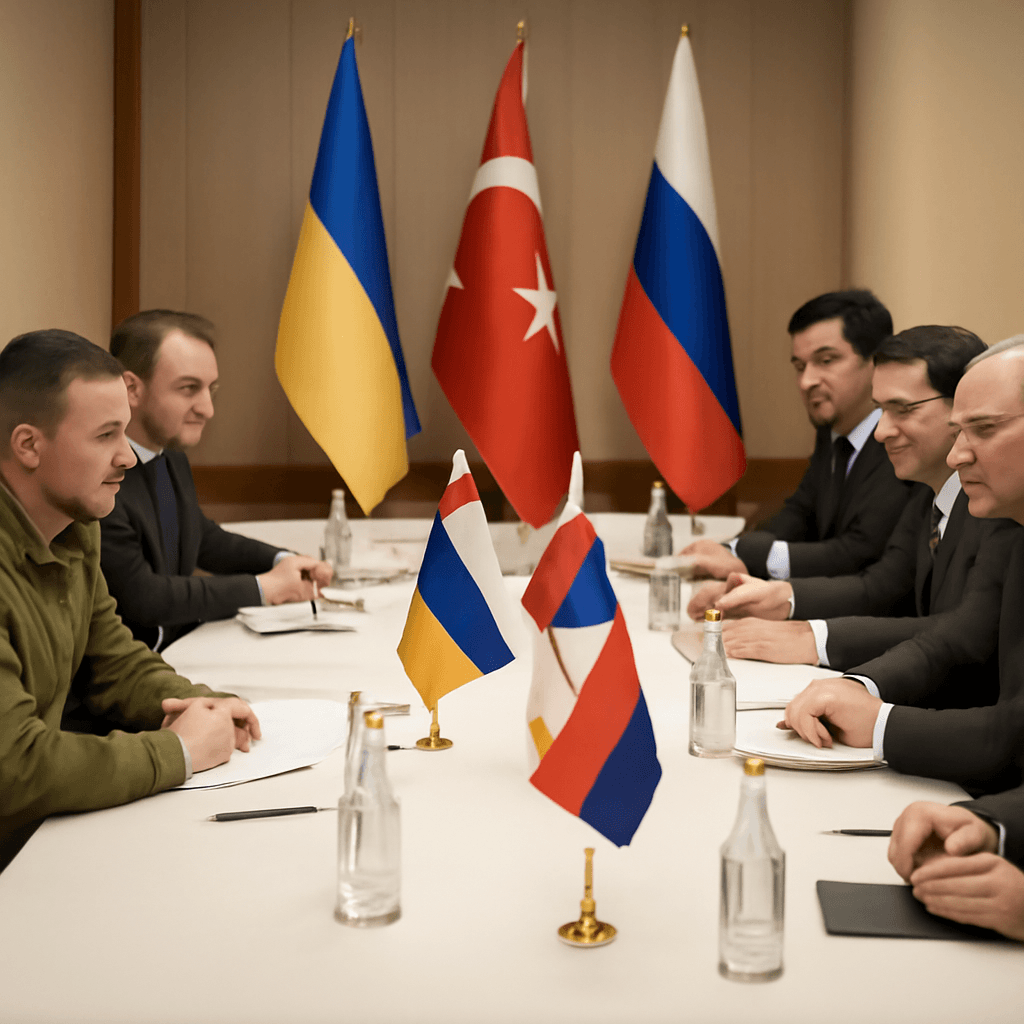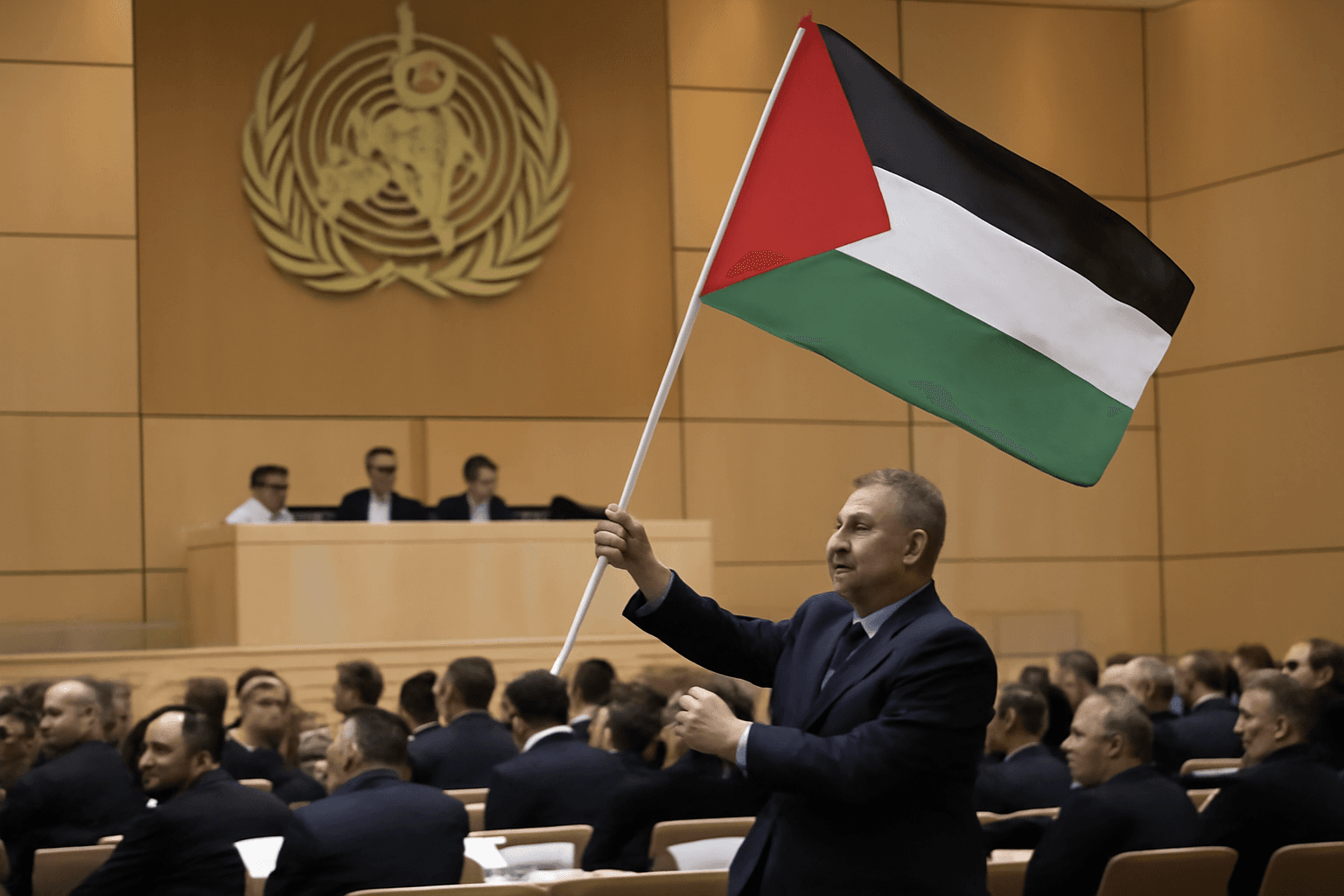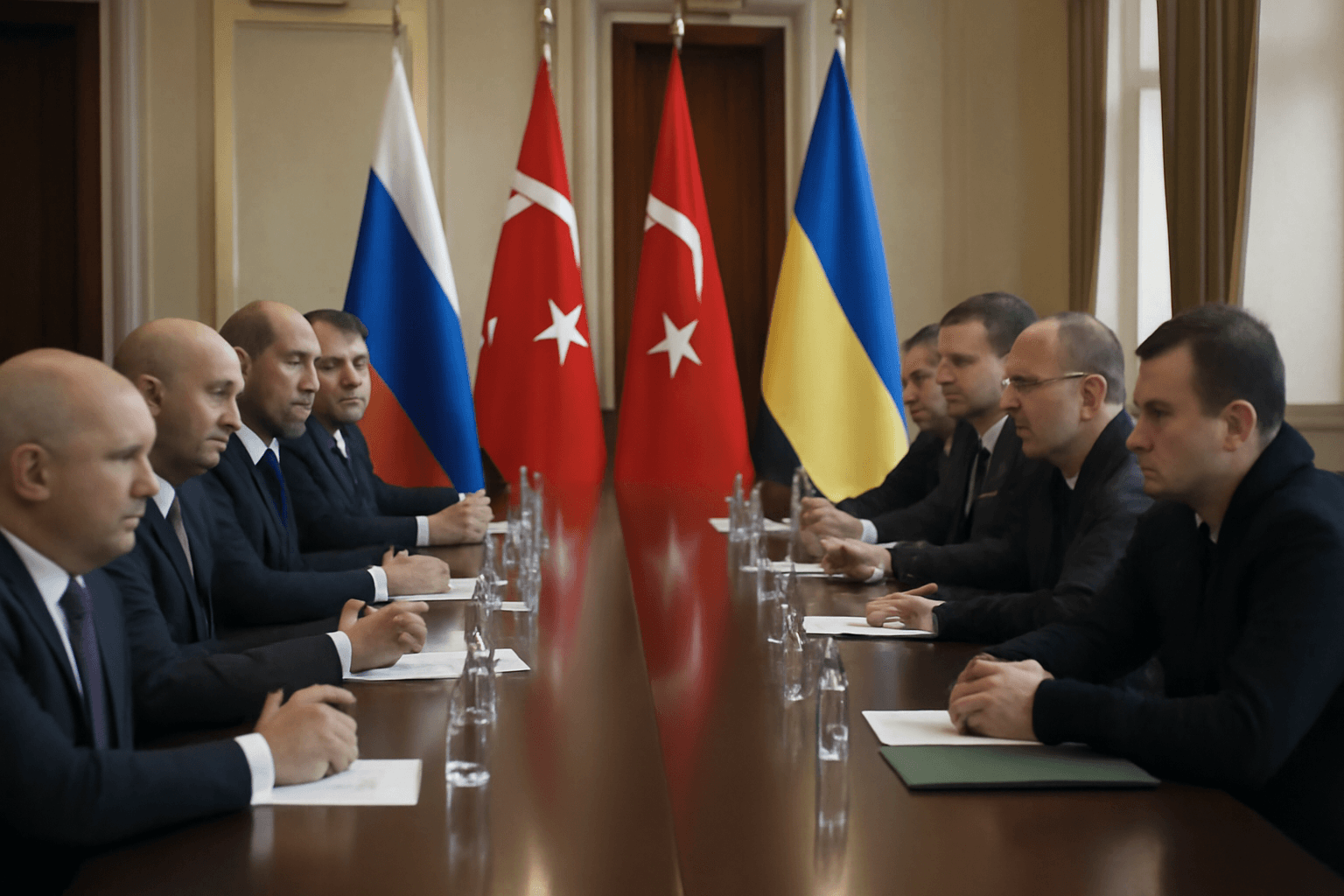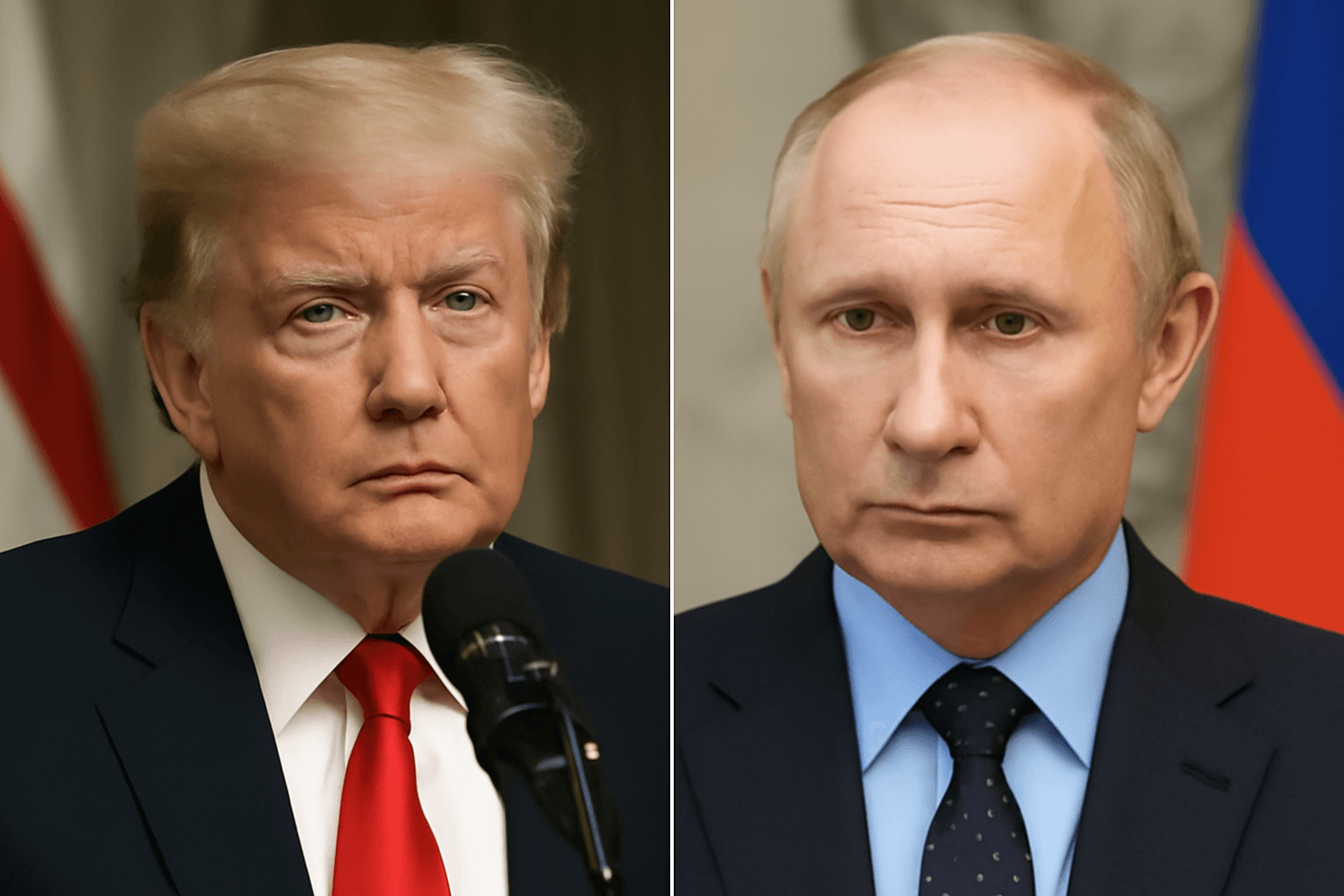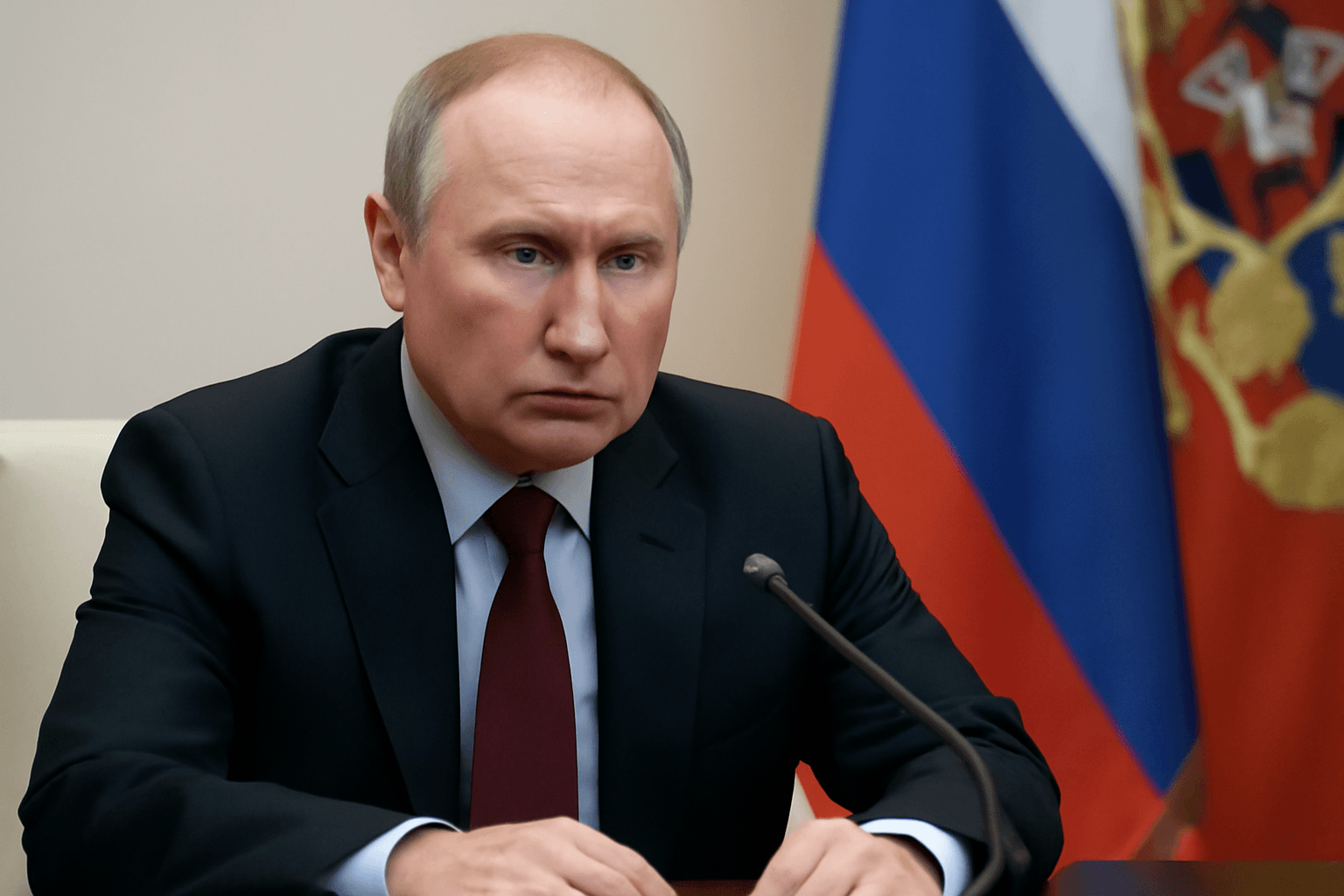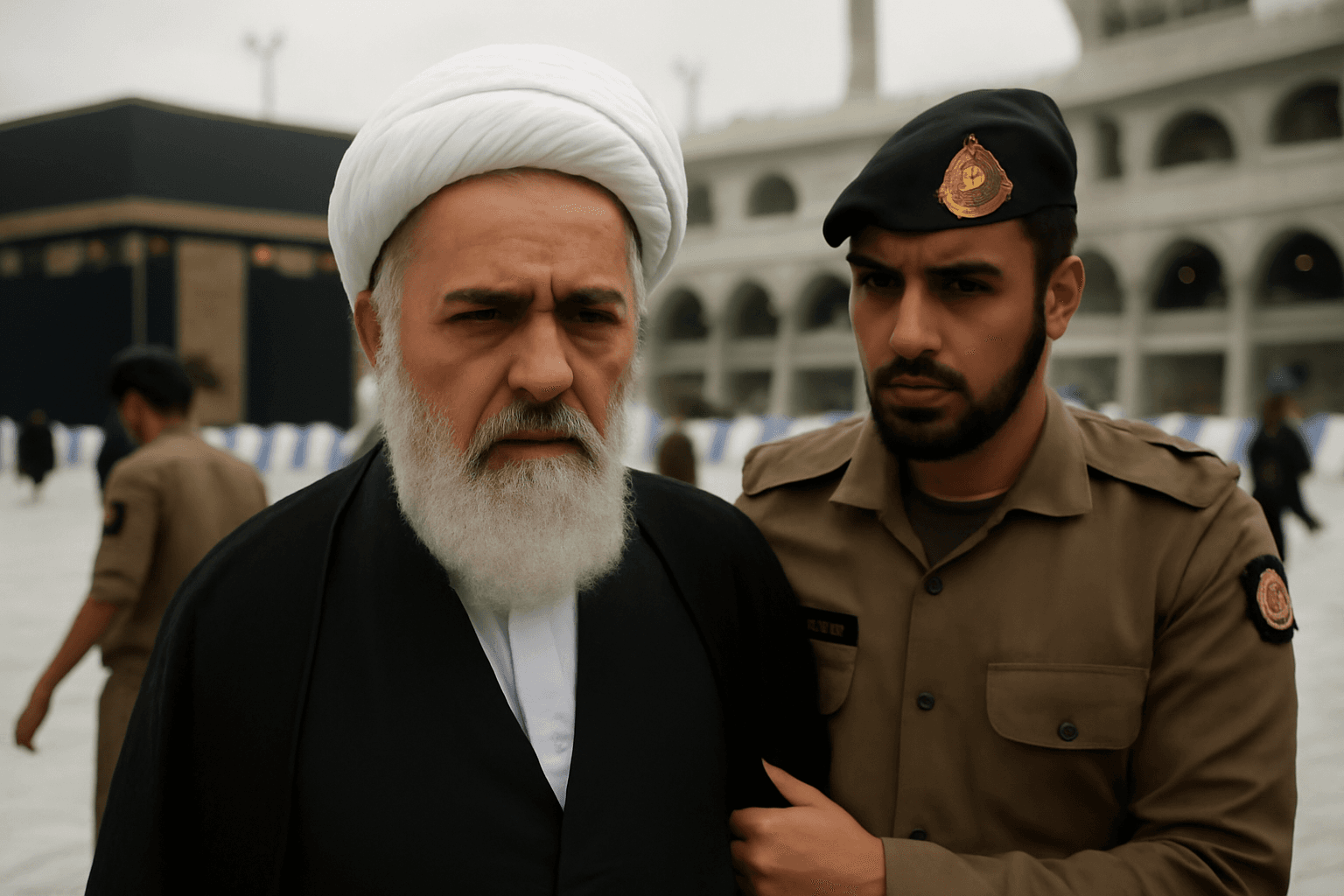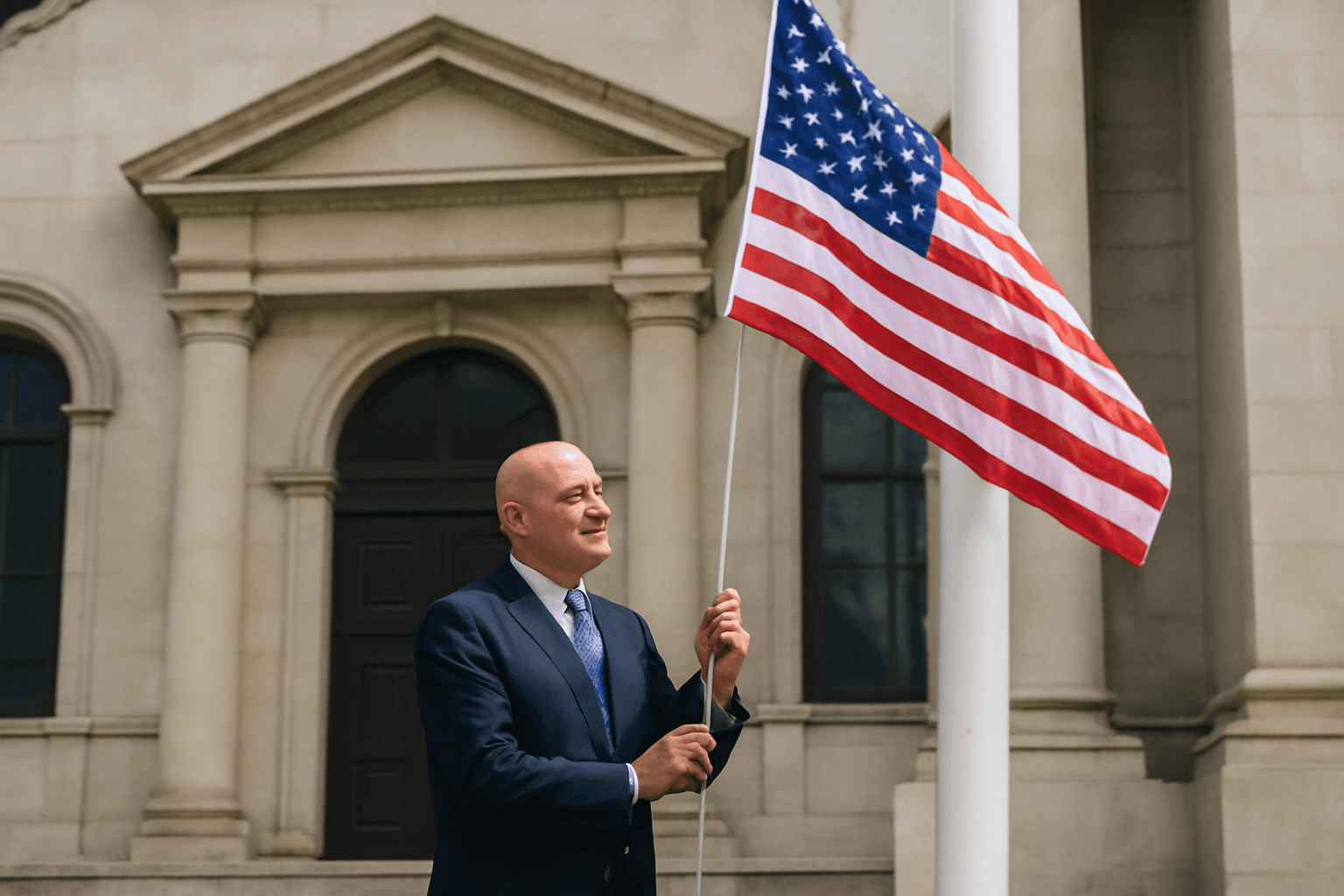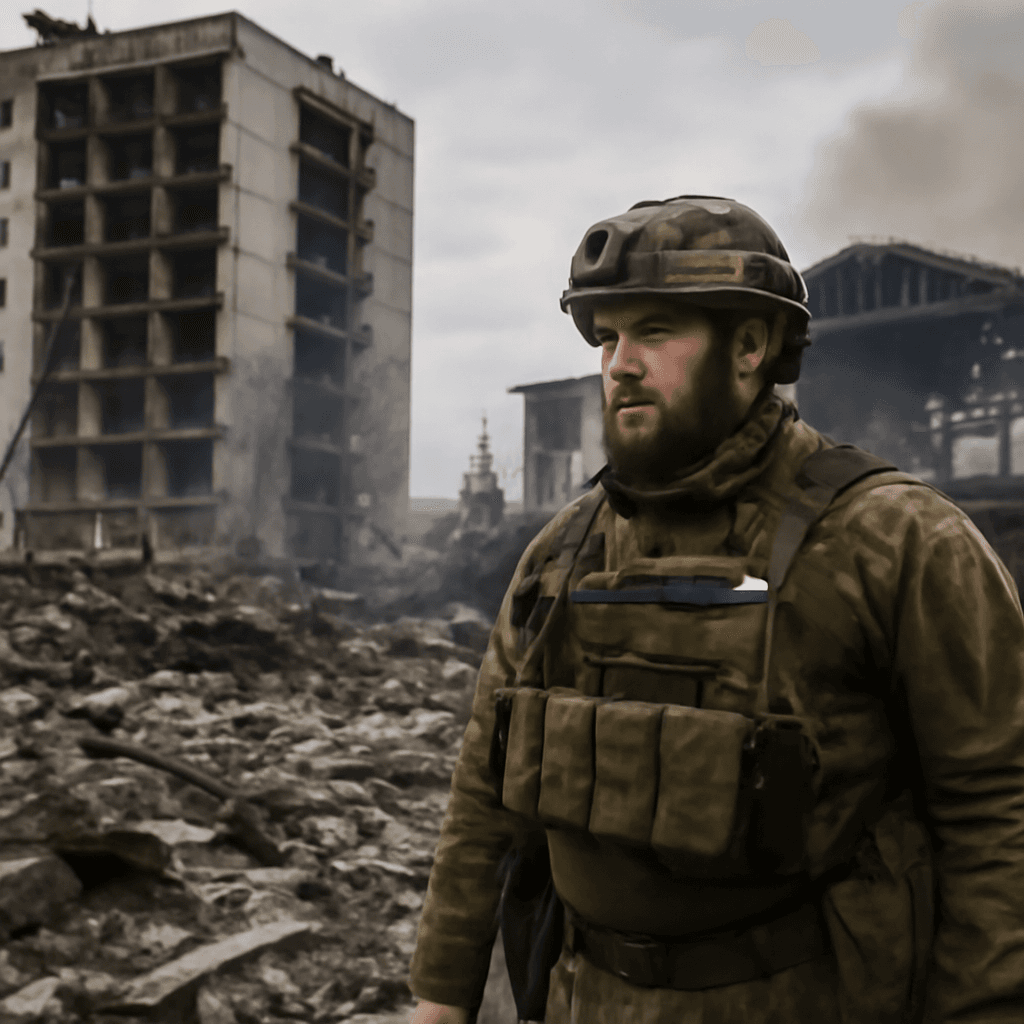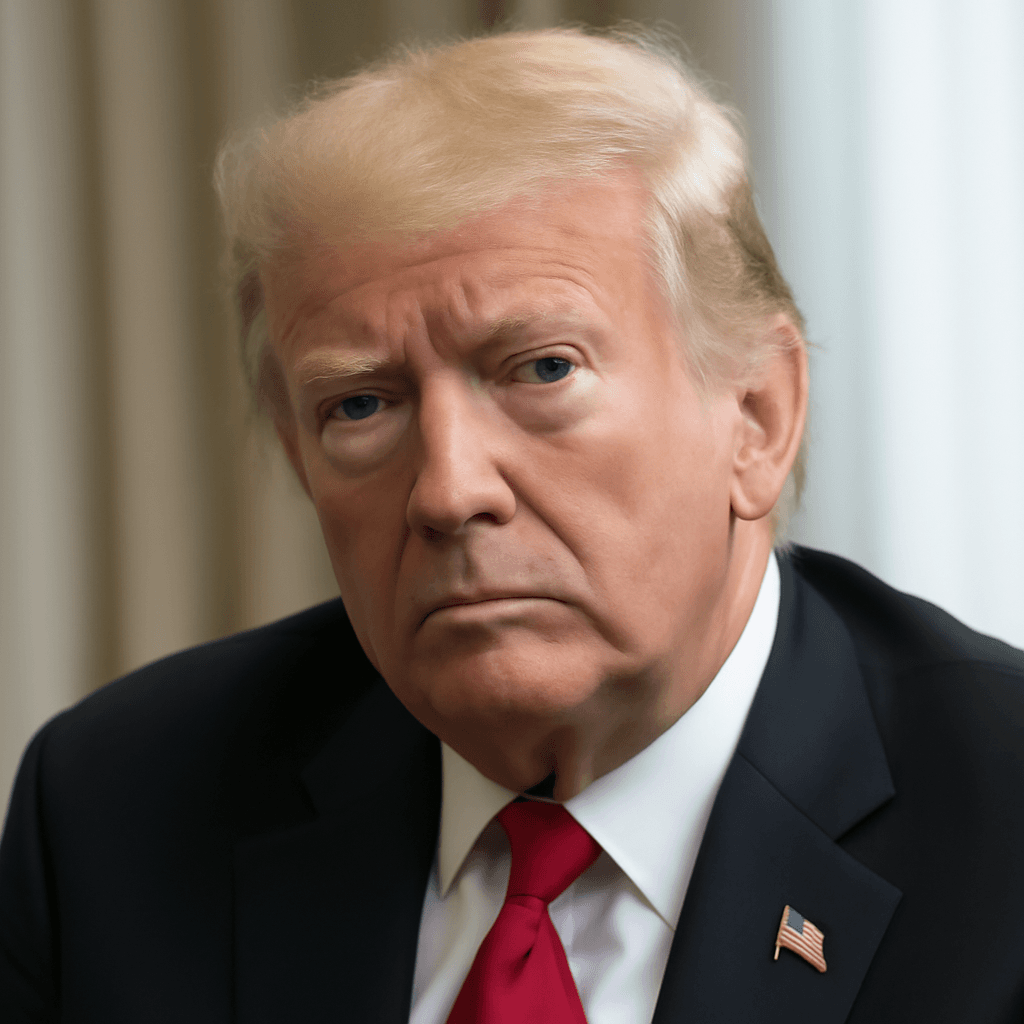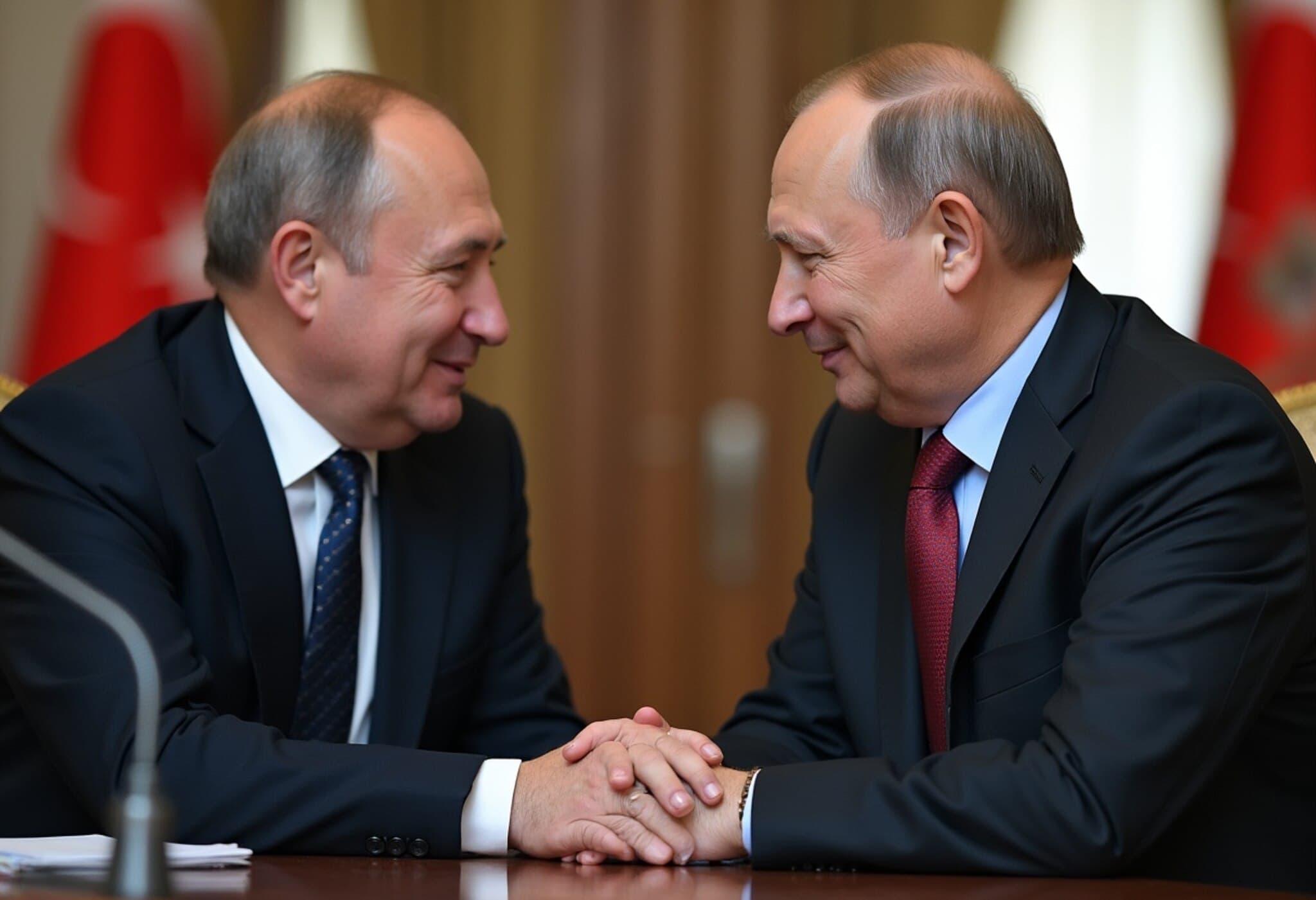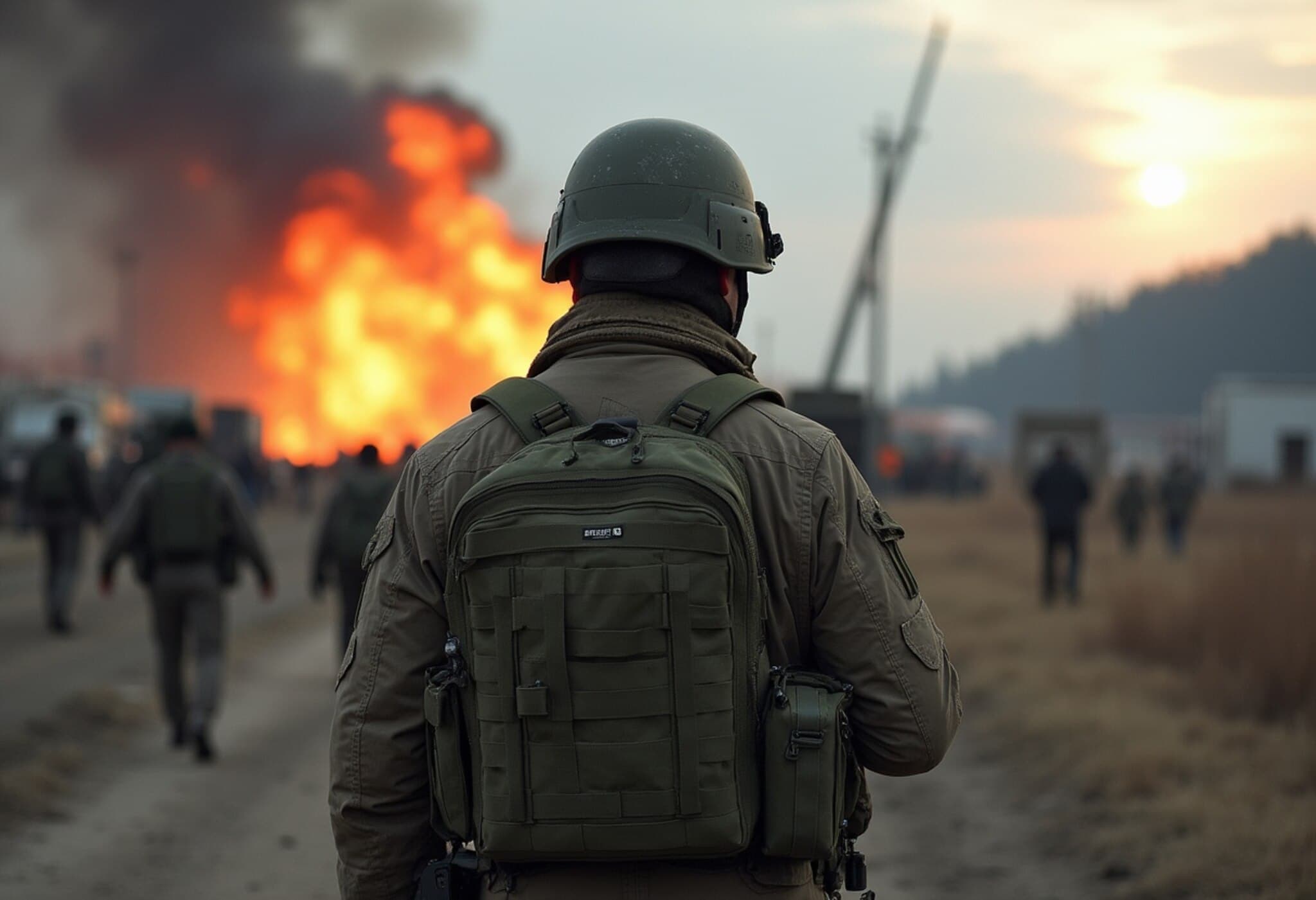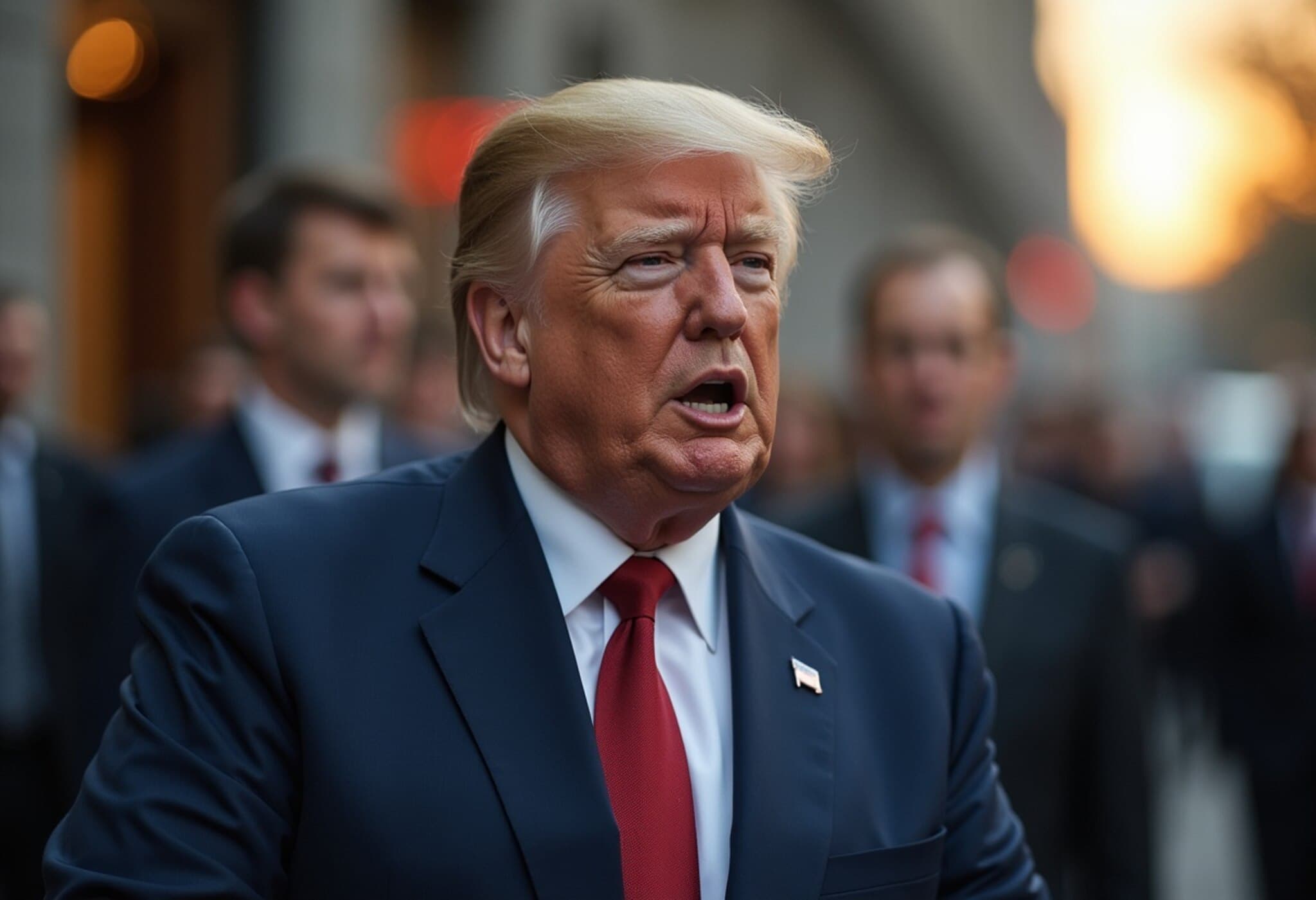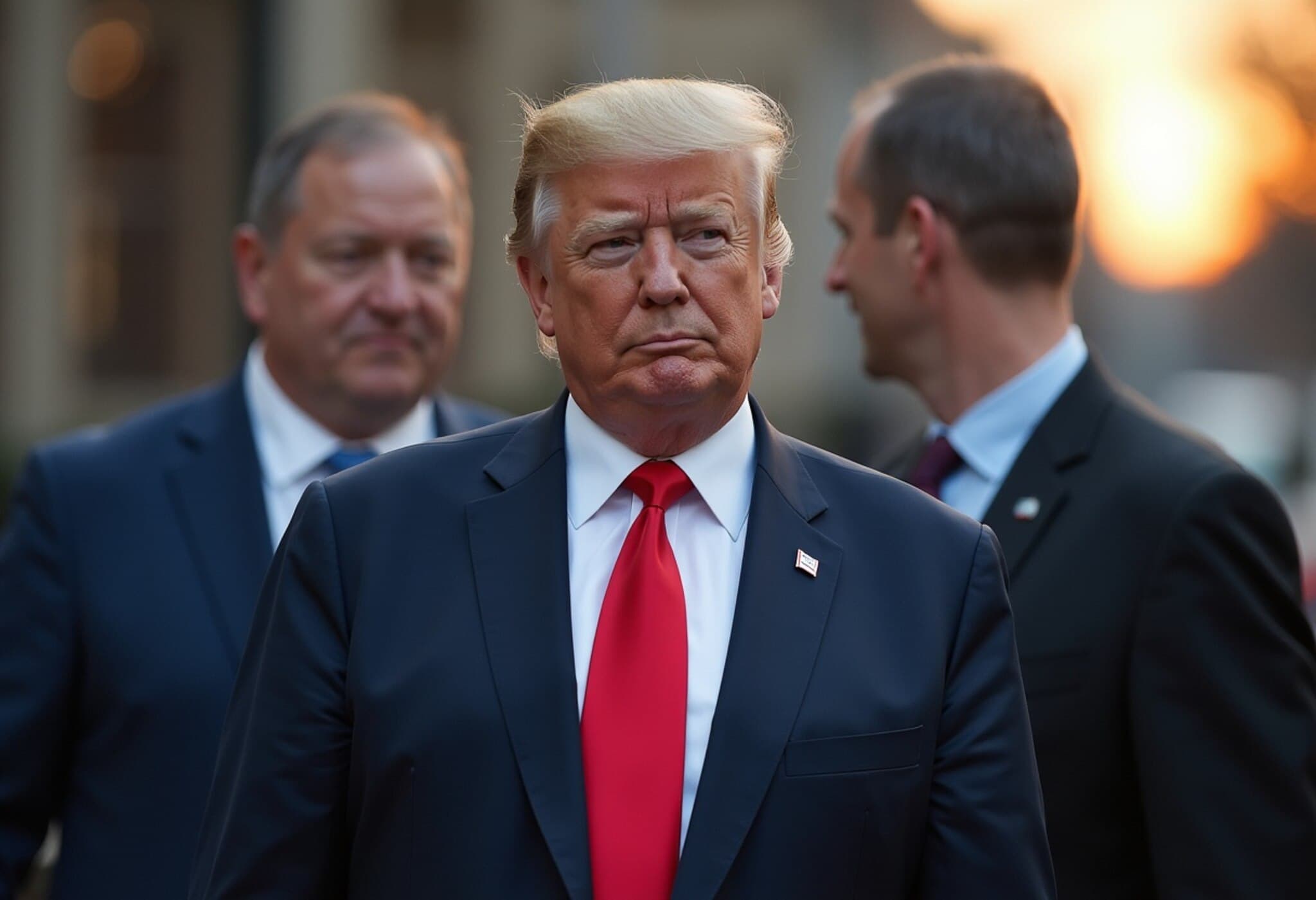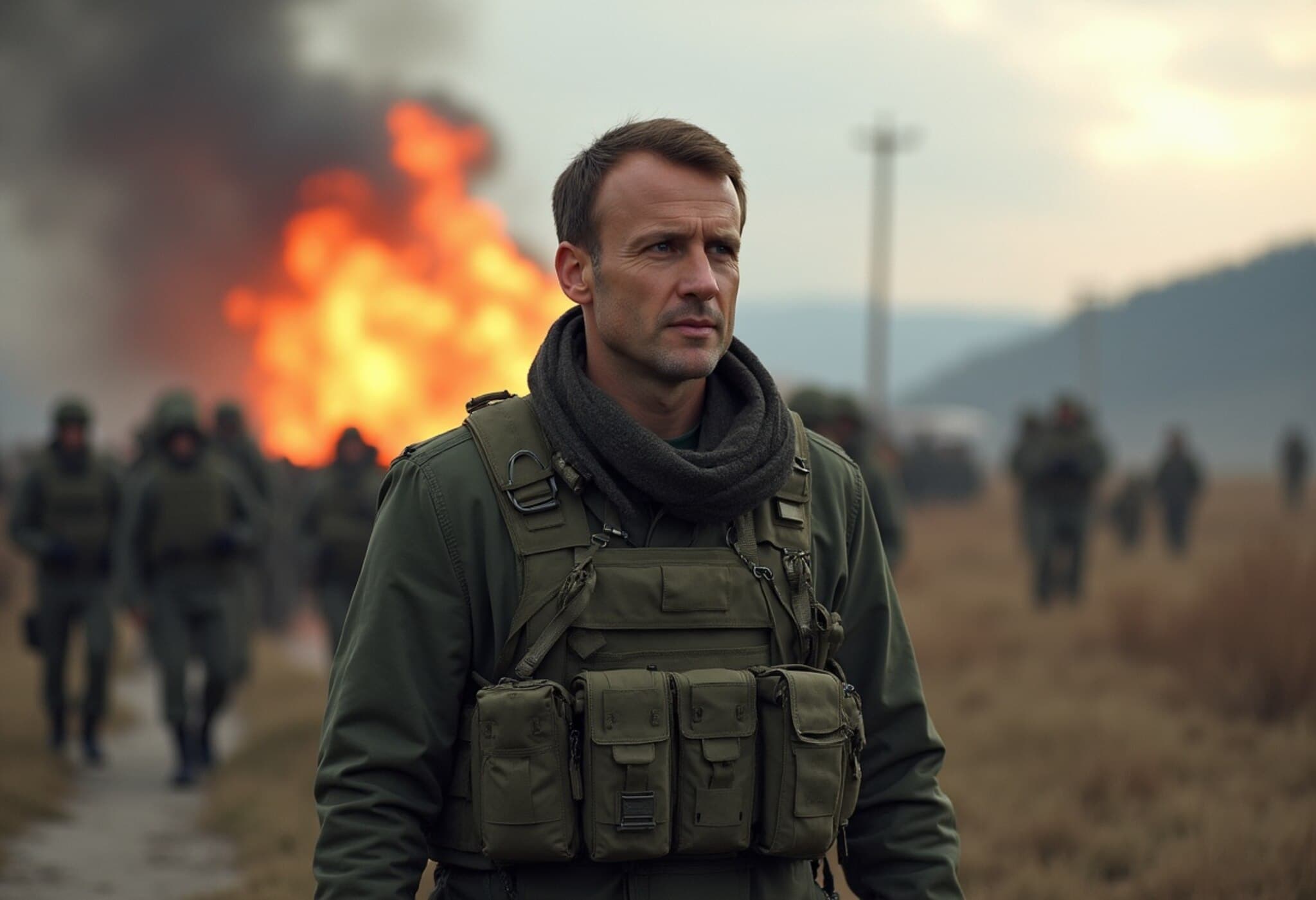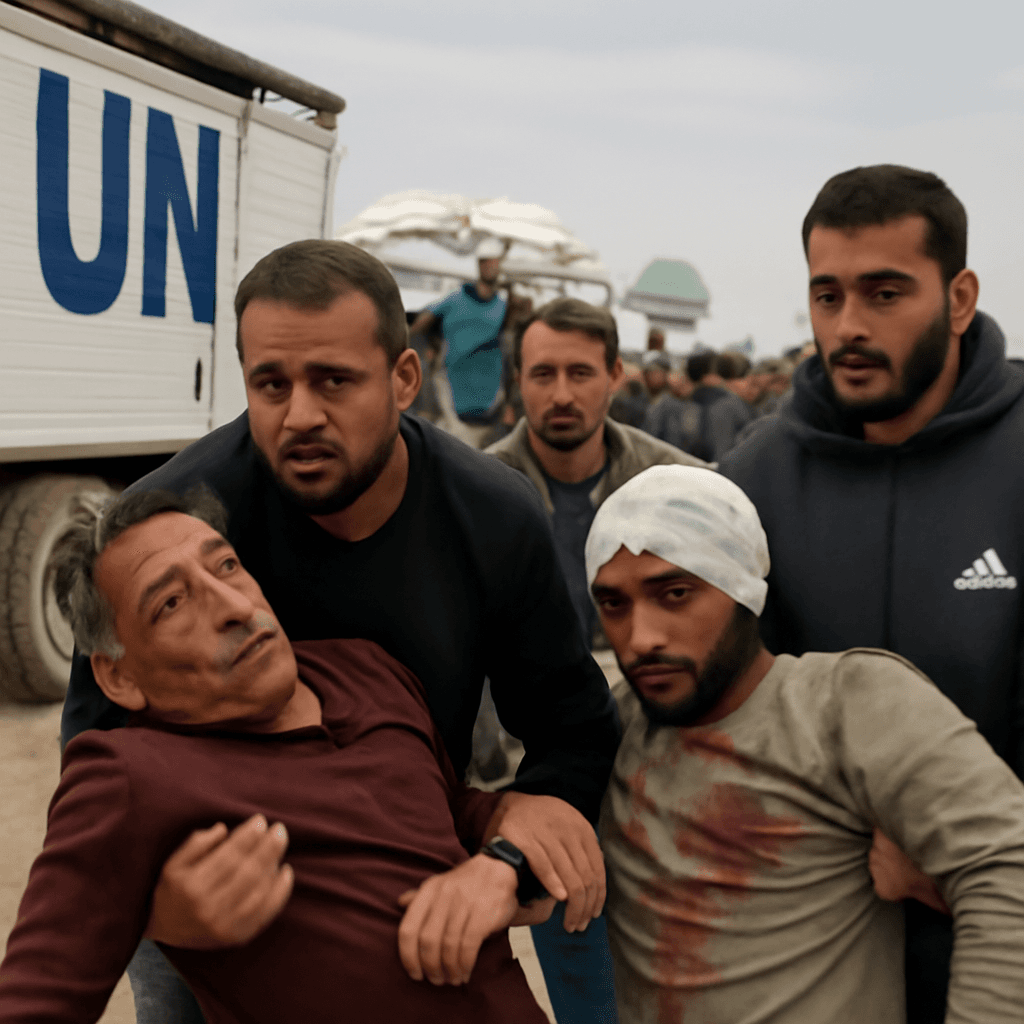Ukraine-Russia Peace Talks Resumed in Istanbul
The second round of direct negotiations between Ukraine and Russia commenced in Istanbul, Turkey, shortly after a significant drone strike targeted Russia’s Siberian region. This marks a notable escalation, as it is the first attack of this scale on Russian territory since the outset of the conflict.
Escalation Amid Peace Efforts
Both parties arrived for the talks despite heightened tensions caused by recent military actions. The session experienced an unexplained delay of over two hours, beginning at 12:30 pm GMT instead of the scheduled 10:00 am. Kremlin representatives confirmed receiving a peace accord draft from Ukraine ahead of the meeting and indicated they would present their own proposal, including ceasefire terms.
On the military front, Kyiv’s drone offensive caused substantial damage to Russian equipment and airbases, targeting bombers, including some with nuclear capabilities. In response, Moscow intensified its missile and drone strikes across Ukrainian territory, reflecting the deepening hostility even as dialogue continues.
Key Challenges and Stalemates
Despite sitting face-to-face and discussing visions for a comprehensive ceasefire, Moscow and Kyiv remain entrenched in their positions. Both sides have outlined non-negotiable demands, creating significant barriers to agreement. Turkey, hosting the talks, emphasized the critical role of U.S. support in facilitating progress, urging Washington's engagement. However, there is uncertainty, as U.S. leadership has hinted at potentially reducing its mediation role if no advancements are made.
Delegations and Prior Outcomes
- Russian delegation led by Vladimir Medinsky.
- Ukrainian delegation headed by Defense Minister Rustem Umerov.
The initial round of Istanbul talks held on May 16 achieved a notable result with the largest prisoner exchange of the conflict — a swap of 1,000 detainees on each side — but failed to establish a ceasefire or peace framework.
Outlook
With hostilities escalating on the battlefield yet diplomatic channels open, the outcome of the current round remains uncertain. Both parties acknowledge the necessity of a long-term resolution but face substantial hurdles given their divergent positions and ongoing military confrontations.

